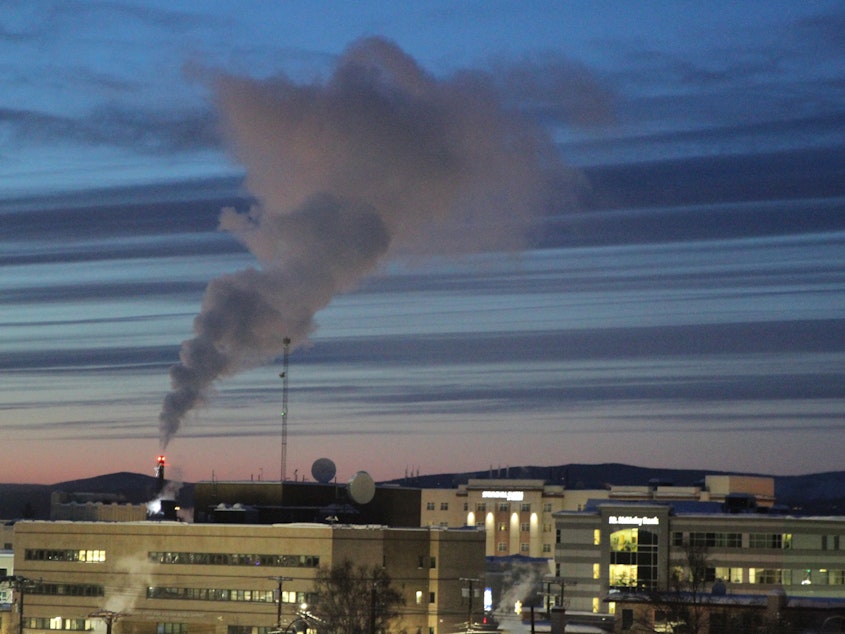This is how far behind the world is on controlling planet-warming pollution

The hottest year on record is coming to a close, emissions of planet-warming gasses are still rising globally and the most ambitious climate goal set by world leaders is all but impossible to meet, according to a new analysis by the United Nations.
The annual report from the U.N. Environment Program lays out how far behind the world is on controlling planet-warming pollution, most of which comes from burning oil, gas and coal.
The numbers are sobering, and arrive less than two weeks before world leaders are set to gather in Dubai for the annual U.N. climate negotiations.
Between 2021 and 2022, global greenhouse gas emissions grew about 1%, the analysis finds. Emissions need to fall as quickly as possible to avoid catastrophic climate impacts such as runaway sea level rise, unsurvivable heat in some areas and mass extinction of plants and animals, scientists warn.
Right now, the world is headed for at least 4.5 degrees Fahrenheit of warming this century compared to global temperatures in the late 1800s. That assumes that countries will do everything they have currently promised under the Paris climate agreement, including things that some governments have said they'll only do if wealthy countries follow through on promises to help foot the bill. For example, helping to pay for renewable energy infrastructure in less wealthy nations.
Sponsored
If such conditions aren't met, the planet is headed for more than 5 degrees Fahrenheit of warming, the analysis finds.
The new range is ever so slightly lower than was predicted in last year's analysis, which reflects the very slow progress that humanity is making on slowing emissions and curbing future warming.
And if you zoom out even more, it's clear that humanity has made significant progress since the landmark Paris agreement was signed in 2015. That year, U.N. analysts predicted that the planet was on track for a whopping 8 degrees Fahrenheit of warming.
But the pace of progress is still far too slow to avoid deadly consequences from climate change.
Even the lower end of the current projected temperature range – 4.5 degrees Fahrenheit of warming – is catastrophically high. Under the Paris agreement, nations are trying to limit warming to no more than 3.6 degrees Fahrenheit, and ideally closer to 2.7 degrees. The new analysis finds that, in order to meet those targets, global greenhouse gas emissions would need to fall at least 28% more than they're currently on track to.
Sponsored
And the lower target is likely out of reach entirely at this point – a finding that is backed up by another recent study. Progress on phasing out fossil fuels has simply been too slow, that study found.
The new analysis underscores once again that reining in oil, gas and coal operations is key to controlling global warming. It finds that, if humans extract and burn all the oil, gas and coal currently in development worldwide, countries would collectively emit enough greenhouse gasses to basically hit the higher temperature target under the Paris agreement.
That means all new oil, gas and coal extraction is essentially incompatible with avoiding catastrophic warming later this century, according to the analysis. Right now, many countries including the United States are still allowing new fossil fuel extraction. [Copyright 2023 NPR]



